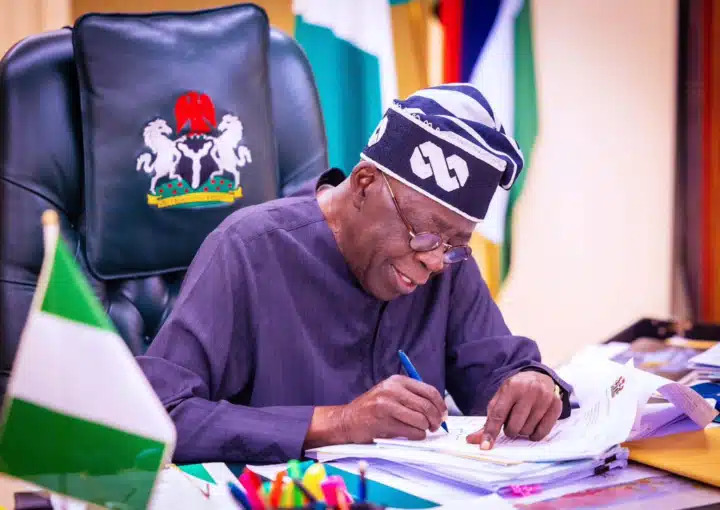
President Tinubu Approves New N70,000 Minimum Wage for Nigerian Workers
To address Nigerian workers’ economic challenges, President Bola Tinubu has approved a new minimum wage of N70,000. The announcement came after a series of meetings and negotiations with the organized labor unions, including the Nigeria Labour Congress (NLC) and the Trade Union Congress (TUC).
President Tinubu‘s decision to raise the minimum wage from the previous N30,000 reflects his administration’s commitment to improving the living standards of the Nigerian workforce. The new wage is expected to alleviate the financial burdens many workers and their families face, especially amid rising inflation and the high cost of living.
Trending Now!!:
During the announcement, President Tinubu emphasized the importance of regular reviews of the minimum wage to ensure it remains relevant and effective in addressing the country’s economic realities. He pledged to review the national minimum wage law every three years, a significant change from the previous five-year review cycle.
The labor unions, led by NLC President Joe Ajaero and TUC President Festus Osifo, expressed their satisfaction with the outcome of the negotiations. They acknowledged the government’s efforts to address the workers’ concerns and the promise to consider the entitlements of members of the Senior Staff Association of Nigerian Universities (SSANU) and the Non-Academic Staff Union of Universities and Allied Institutions (NASU).
President Tinubu also assured the labor unions that the government is committed to reducing the cost of transportation by introducing Compressed Natural Gas (CNG)-powered buses, which will be cheaper and more efficient. He directed the Ministries of Finance and Budget & Economic Planning to explore ways to assist the private sector and sub-national governments in paying the new minimum wage.
The decision to increase the minimum wage has been met with mixed reactions from the public. While many workers and labor unions have welcomed the move, some have expressed concerns about the ability of the government and private sector to meet the new wage obligations. Critics argue that the new minimum wage could lead to job losses and business closures without a corresponding increase in productivity and economic growth.
As the nation adjusts to the new minimum wage, all eyes will be on the government’s ability to implement the changes effectively and ensure that Nigerian workers feel the benefits.


